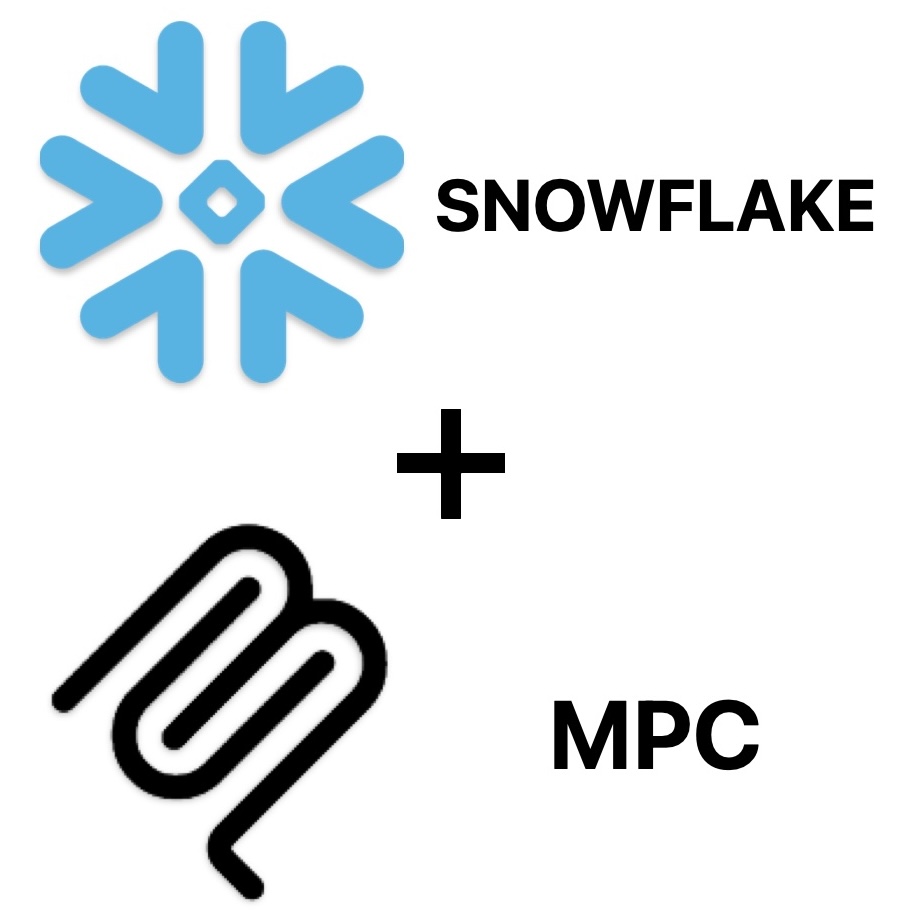
Building an MCP Server for Snowflake Cortex Agents
Step-by-step guide to building a Model Connectivity Protocol (MCP) server for Cortex Agents with Snowflake, enabling AI applications like Cursor to connect to your Snowflake data and documentation.

Iceberg
Apache Iceberg, an open-source table format for data lakes. This guide covers core concepts, features like ACID transactions and time travel, and implementation on platforms like Spark and Snowflake.
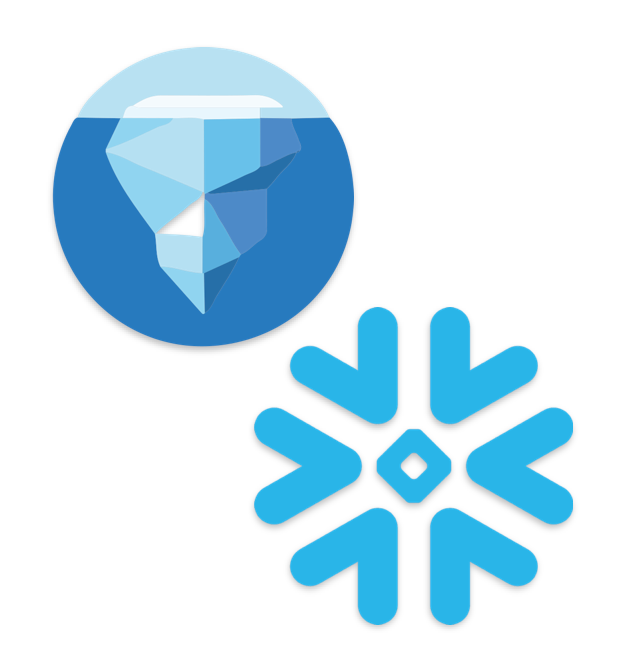
Iceberg and Snowflake Integration
Learn how to integrate Apache Iceberg with Snowflake, covering key concepts like external tables, time travel, and file management, along with practical implementation examples and best practices.
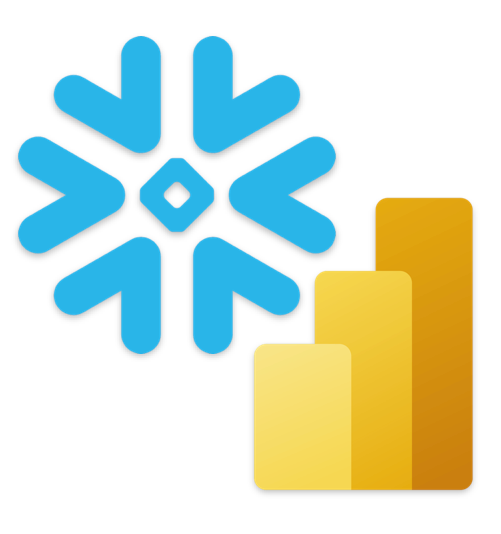
PowerBI and Snowflake Integration
This blog will explore how to effectively integrate Power BI with Snowflake, focusing on best practices and technical details from the provided documents. It aims to help users understand the process and optimize their data analytics workflows.
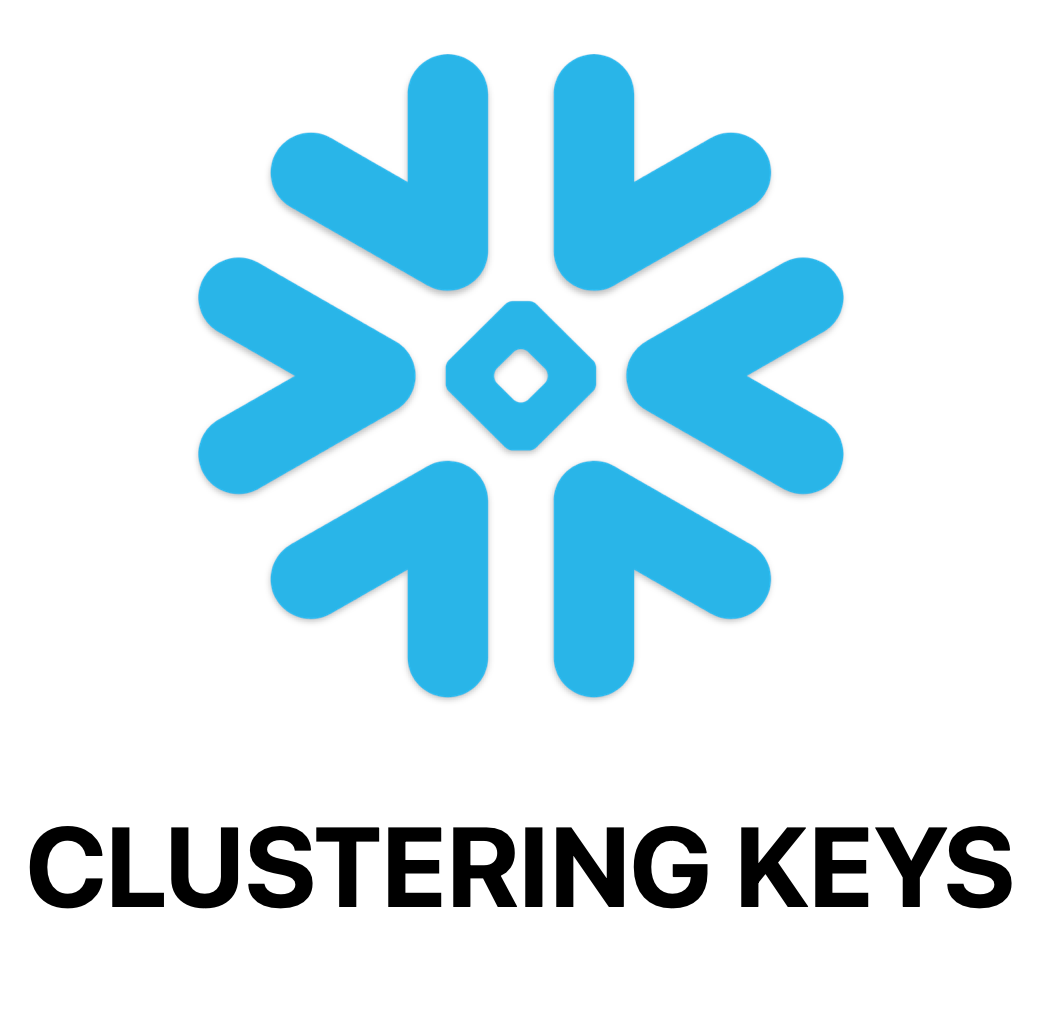
Optmizing Query Performance with Clustering Keys in Snowflake
This blog explores how Clustering Keys Data Pruning, and the Search Optimization Service (SOS) enhance query efficiency in Snowflake. It explains how clustering keys physically organize data into micro-partitions enabling faster queries by reducing unnecessary scans. Data pruning leverages metadata to skip irrelevant partitions further improving performance.
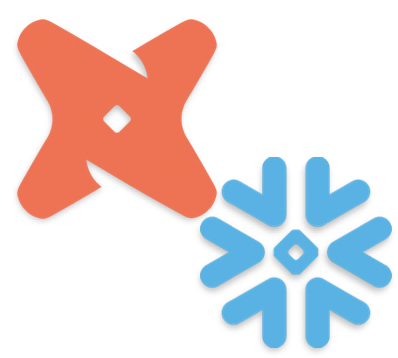
dbt and Snowflake Integration
This article explores the integration of dbt with Snowflake, a comprehensive guide to using dbt with Snowflake. It covers the main concepts of dbt, including models, materializations, sources, tests, documentation, macros, and packages. It also discusses Snowflake-specific features like zero-copy cloning, time travel, and tasks. Additionally, it covers advanced concepts like incremental models, snapshots, seeds, and custom materializations. Finally, it provides best practices for using dbt with Snowflake.
Snowflake Fundamentals
An overview of Snowflake, a cloud-based data warehouse platform. This article explains Snowflake's architecture, key features, and how it differs from traditional data warehouses. Learn about its separation of storage and compute, support for structured and semi-structured data, and built-in security features.
What is Snowflake?
An overview of Snowflake, a cloud-based data warehouse platform. This article explains Snowflake's architecture, key features, and how it differs from traditional data warehouses. Learn about its separation of storage and compute, support for structured and semi-structured data, and built-in security features.

DBT and Snowflake Native app
DBT and Snowflake Native app, how dbt works as a full functional Snowflake native app.
